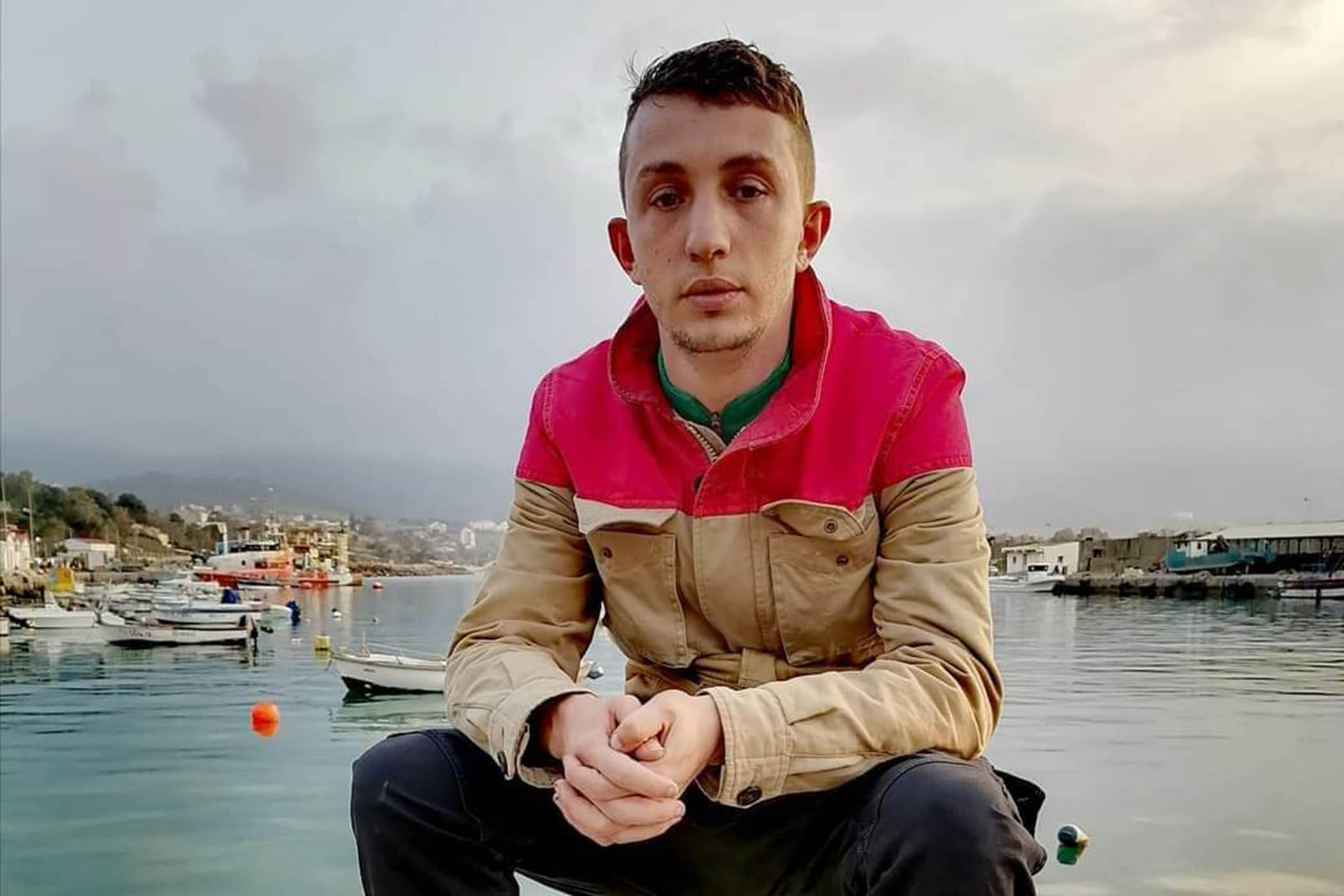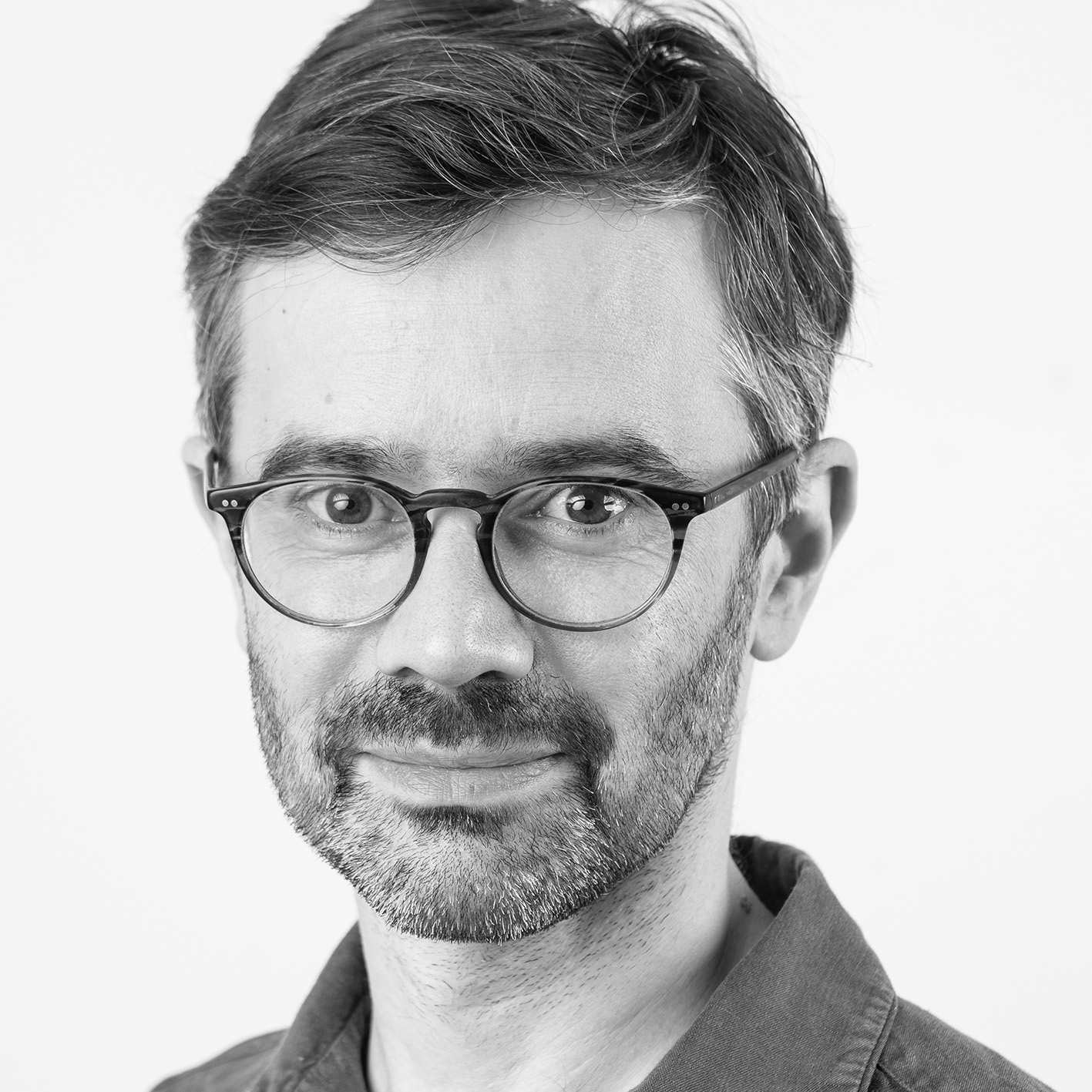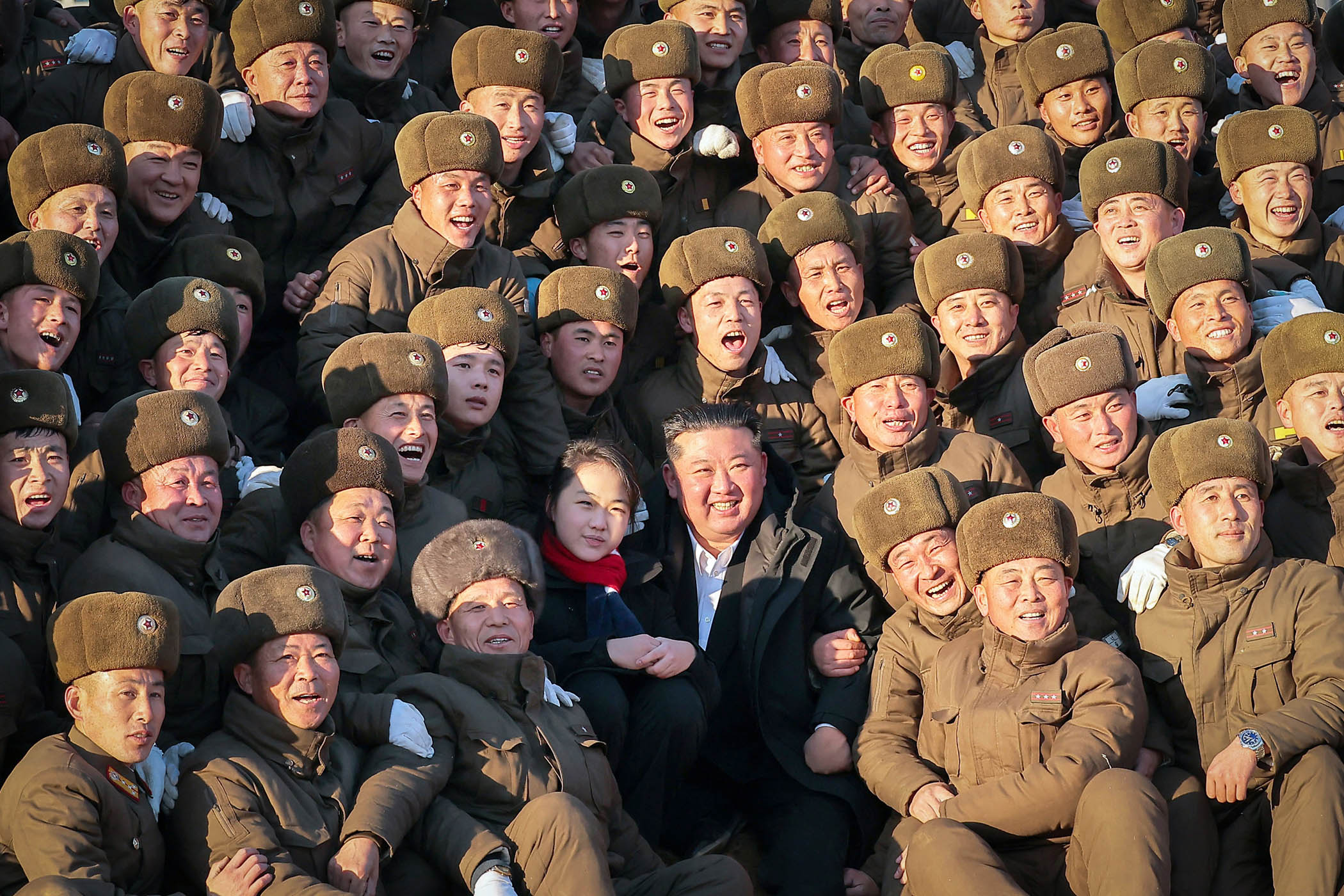When the protests in Algeria began in 2019 – protests that would bring down the president, but not the regime – Mohamed Tadjadit was a fruit seller who wrote poems in his spare time. Like many of his friends, he had tried to emigrate to Europe, but was arrested in Greece and sent home. “I was just trying to get by,” he told the Al Jazeera TV network in a 2022 interview.
But as the protests grew, Tadjadit joined them and began to recite his poetry. Videos were made and shared, and his words spread. “The ignorant took power,” he wrote in one poem. “They placed justice under money’s weight/And made freedom forbidden.”
As if to prove his point, the authorities arrested him, accusing the poet of “exposing to public view publications likely to harm the national interest”. It was the first of many arrests, and many imprisonments – all for the crime of poetry.
Next weekend Tadjadit is in court once again, and this time, prosecutors are seeking life imprisonment – and, possibly, the death penalty. He is now on hunger strike and, according to his lawyer, suffering from severe kidney pain.
Poets don’t threaten democrats – a stanza from the poet laureate, Simon Armitage, will not keep Keir Starmer up at night – but dictators feel differently. Over the past few years, poets in Eritrea and Iran, Russia and Egypt, China and Myanmar have been locked up because their words were deemed too dangerous. It is the paradox of dictatorships that they are enormously powerful and yet fear they can be undone by verse.
It is the paradox of dictatorships: they’re enormously powerful and yet fear they can be undone by verse
It is the paradox of dictatorships: they’re enormously powerful and yet fear they can be undone by verse
Algeria’s regime – officially a democracy, but in reality led by an entrenched elite backed by a controlling military – is no different. It feared for its survival in early 2019, when large-scale protests greeted the announcement by the country’s octogenarian president, Abdelaziz Bouteflika, that he would seek a fifth term.
Within two months, the protests had turned into a revolution – the “revolution of smiles, or the Hirak movement – and Bouteflika had stepped down.
But like the other revolutions across north Africa earlier in the decade, the counter-revolution proved stronger. Bouteflika’s prime minister was elected as president and the military remained as powerful behind the scenes as ever. On the same day the new president was inaugurated, Tadjadit was sentenced to 18 months in prison.
In the years since, the protests have waxed and waned, often crushed by a regime determined to cling to power, but never fully extinguished. Hundreds of journalists, activists and trade unionists have been arrested and jailed, of whom Tadjadit is merely the most famous.
But fame can have its advantages. All liberation movements need symbols, whether that’s an inspirational leader or a well-known artist. Tadjadit’s plight receives more column inches – including here, yes – than the hundreds of other Algerians imprisoned for standing up for their country’s freedom.
Newsletters
Choose the newsletters you want to receive
View more
For information about how The Observer protects your data, read our Privacy Policy
Last week, Tadjadit was the winner of Index on Censorship’s Freedom of Expression award, an accolade that no one seeks, but that all those who win know can help raise the profile of their struggle.
His lawyer, Noureddine Ahmine, who visited him in prison last week to tell him about the award, said it had “deeply pleased him despite the difficult circumstances caused by his imprisonment and the injustice he suffers. He extends his thanks to all those who have shown solidarity with him and celebrated this recognition.”
For Tadjadit, time is of the essence. He was jailed again in January, had his sentence extended to five years earlier this month, and now faces a fresh hearing next weekend, when authorities may seek the death penalty.
His supporters have one simple request of the UK: send someone to attend the trial.
A diplomatic presence at the court in Algiers would not necessarily lead to a fairer outcome, but it would at least signal that a western power is watching.
At the Index on Censorship awards, the deputy prime minister and former foreign secretary, David Lammy, gave a speech celebrating the acts of resistance by the award winners, including Tadjadit.
But when I asked the Foreign Office if the British ambassador to Algeria would attend Tadjadit’s trial, they said that he would not, suggesting that his appearance would be tantamount to interference in the Algerian legal process.
Photograph taken from X formerly Twitter



